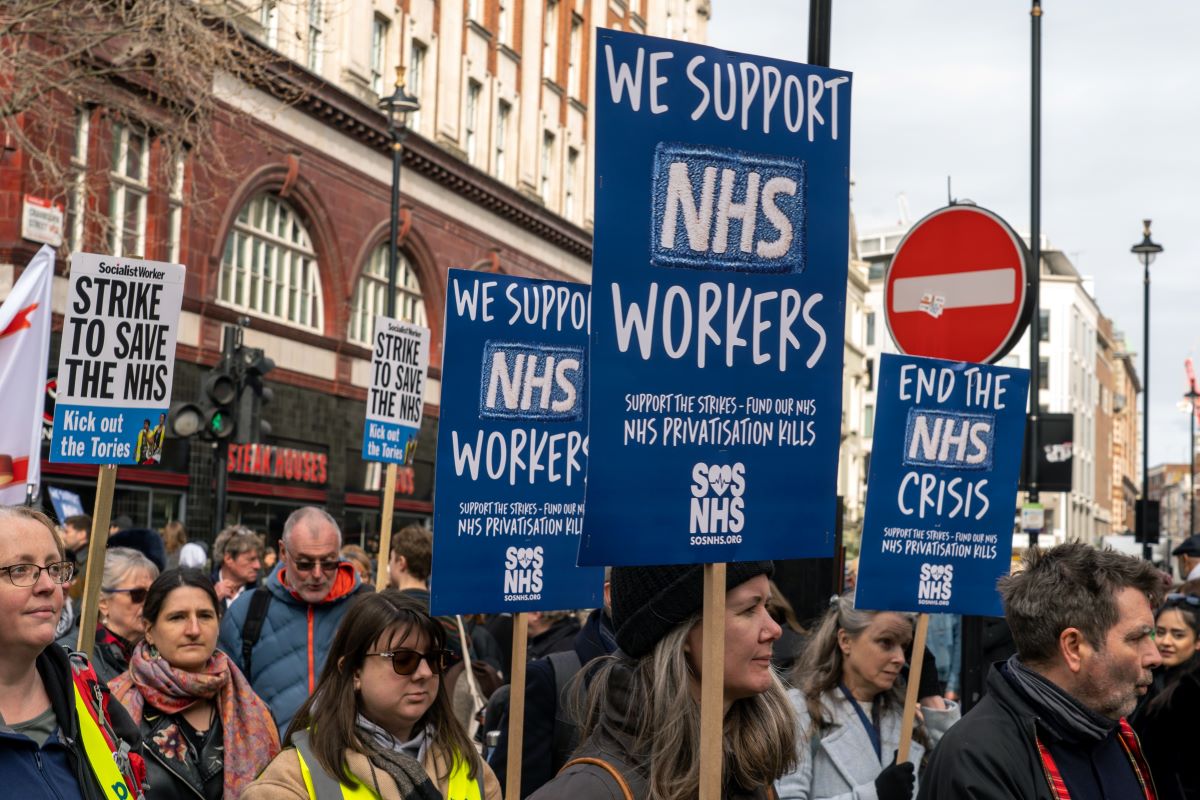The NHS, once Britain’s pride, now faces numerous challenges that suggest it might be beyond repair. Here are 23 reasons why the system is struggling:
1. Chronic Underfunding

For years, the NHS has been plagued by chronic underfunding, leading to a shortage of resources and staff. Despite increasing demands, funding has not kept pace, resulting in a £30 billion funding gap expected by 2025.
2. Staff Shortages

The NHS is experiencing severe staff shortages, with over 124,000 vacancies for doctors, nurses, and other healthcare professionals. This shortage contributes to high burnout rates and compromises the quality of patient care.
3. Ageing Population

The UK’s ageing population is placing immense pressure on the NHS. By 2030, the number of people aged 65 and over is expected to rise by 4 million, significantly increasing the demand for healthcare services.
4. Long Waiting Times

Patients often face long waiting times for appointments, treatments, and surgeries. As of 2023, over 7.5 million people were on NHS waiting lists, with some waiting more than a year for treatment.
5. Bureaucratic Inefficiency

The NHS is bogged down by bureaucratic inefficiency, with excessive administrative tasks diverting resources from patient care. This inefficiency leads to delays and increased operational costs, further straining the system.
6. Outdated Infrastructure

Many NHS facilities are outdated and in dire need of modernization. A significant portion of hospital buildings are over 40 years old, impacting the quality of care and safety for patients and staff.
7. Rising Costs

Healthcare costs are rising faster than funding, exacerbating financial pressures on the NHS. The cost of new treatments, medical technologies, and pharmaceuticals has soared, outpacing budget increases.
8. Fragmented Services

The NHS suffers from fragmented services. Lack of coordination between different departments and services leads to inefficiencies and gaps in patient care, which is a significant barrier to integrated care.
9. Political Interference
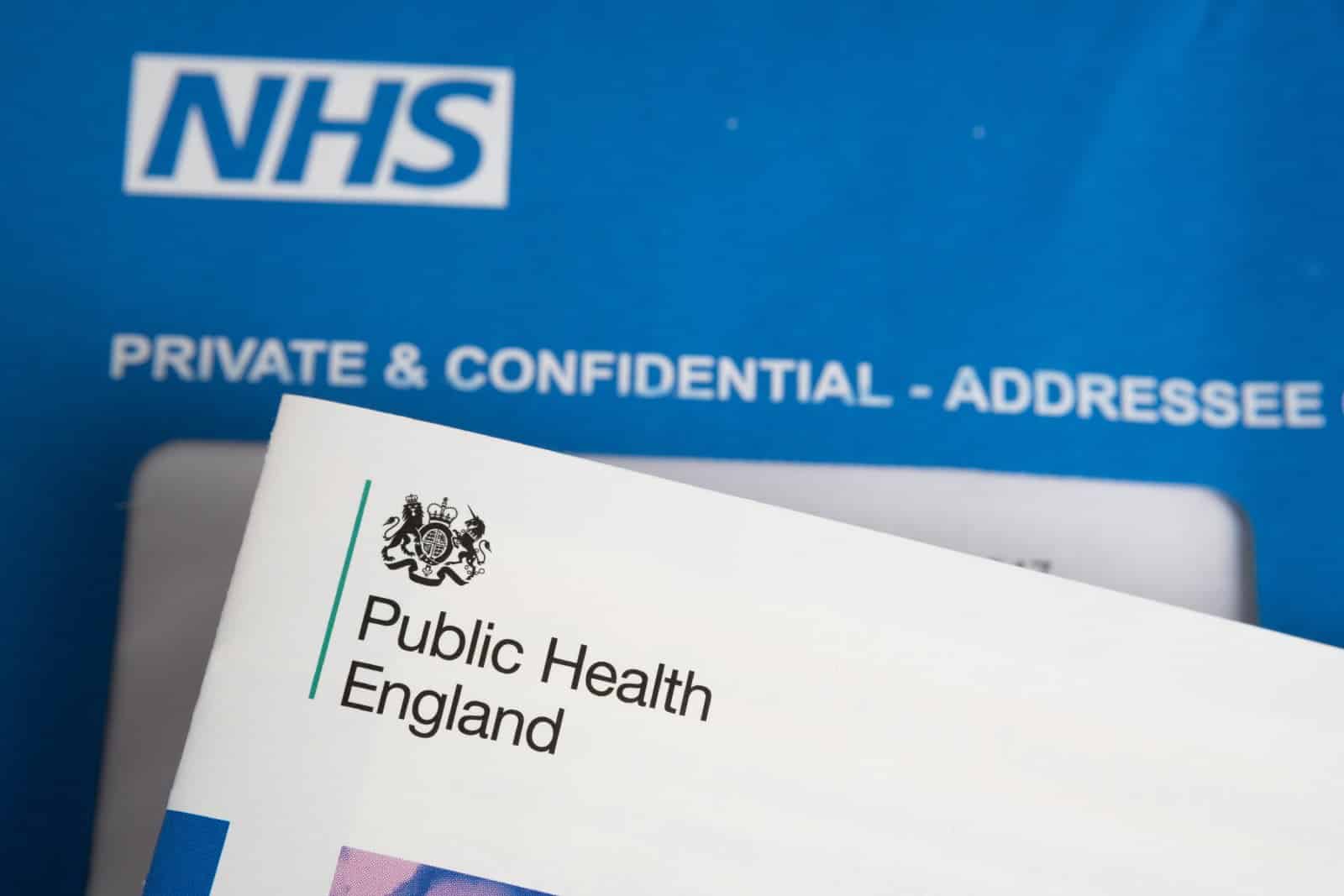
Frequent political interference and short-term policymaking hinder long-term planning and stability in the NHS. Each government shift brings new policies that disrupt continuity, making sustainable reform challenging.
10. Inequitable Access

There are significant disparities in access to healthcare services across different regions and demographics. Some areas suffer from a severe lack of medical facilities and professionals, exacerbating health inequalities.
11. Mental Health Neglect

Mental health services within the NHS are grossly underfunded and understaffed. Patients with mental health issues often face long waits and inadequate care, with over 1.2 million people waiting for community mental health services in 2023.
12. GP Crisis

There is a crisis in general practice, with a shortage of GPs leading to overworked doctors and long appointment waiting times. This undermines primary care, a cornerstone of the NHS.
13. Inefficiency in Resource Allocation
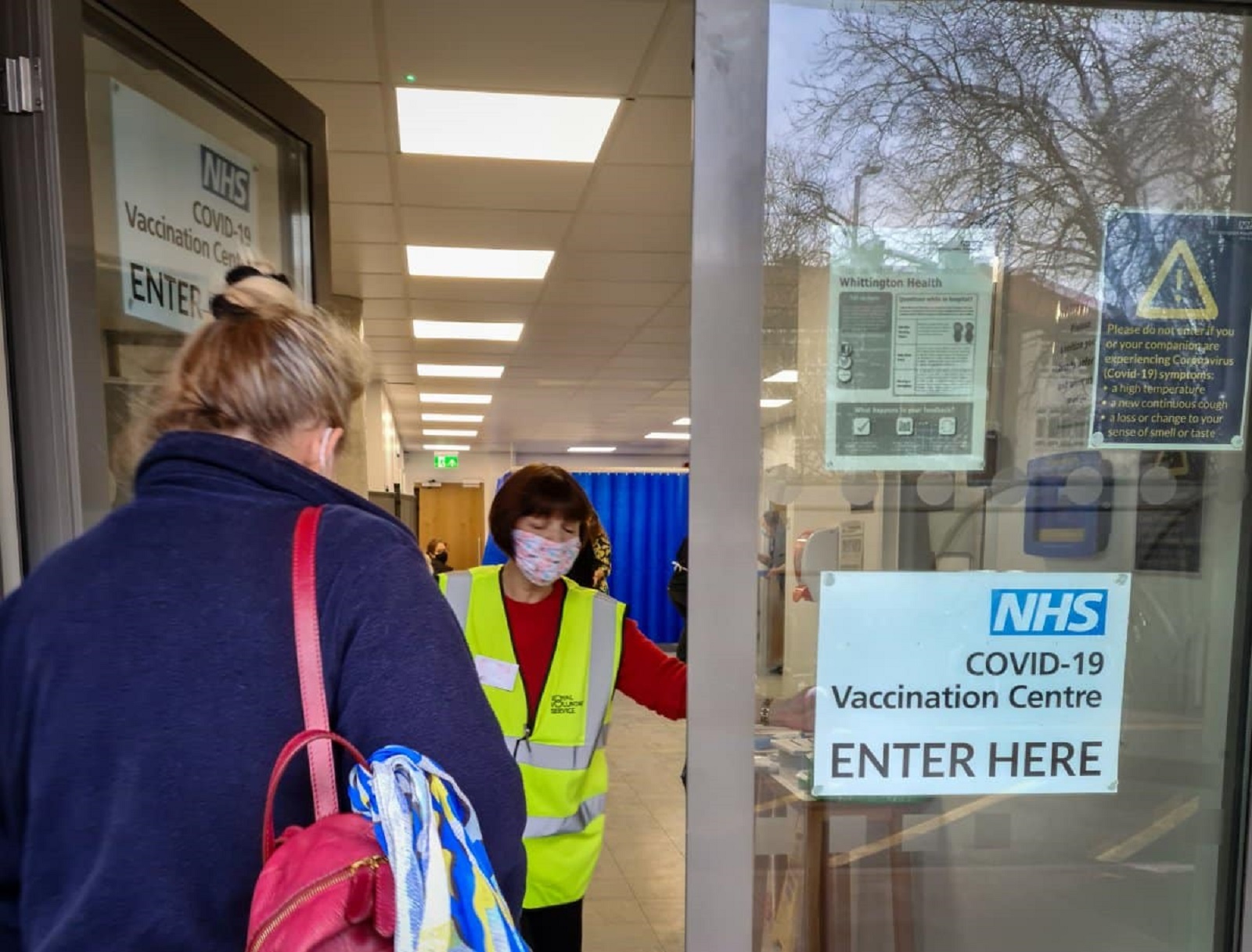
The allocation of resources within the NHS is often inefficient, with funds not always reaching the areas of greatest need. This misallocation exacerbates existing problems and leads to suboptimal care delivery.
14. High Turnover Rates

High turnover rates among NHS staff lead to a loss of experienced professionals and increased training costs for new hires. This churn disrupts continuity of care and diminishes the quality of patient services.
15. Overreliance on Temporary Staff

To cope with staff shortages, the NHS increasingly relies on temporary and agency staff. This approach is costlier and can lead to inconsistent patient care and higher operational expenses.
16. Poor Management

Poor management and leadership within the NHS contribute to inefficiencies and low staff morale. Effective management is crucial for a functioning healthcare system, yet it remains a significant challenge.
17. Lack of Innovation

The NHS struggles to adopt and integrate new technologies and innovative practices quickly. This stagnation affects the quality and efficiency of healthcare services, limiting the system’s ability to evolve and improve.
18. Financial Mismanagement

Numerous instances of financial mismanagement have occurred within the NHS, leading to wasted resources and budget overruns. This financial mismanagement undermines public trust and hampers the system’s functioning ability.
19. Patient Dissatisfaction

Rising patient dissatisfaction due to long waits, poor care quality, and inefficient services is a growing concern. Patient trust in the NHS is eroding, with many seeking alternatives in private healthcare.
20. Increased Pressure From Privatisation
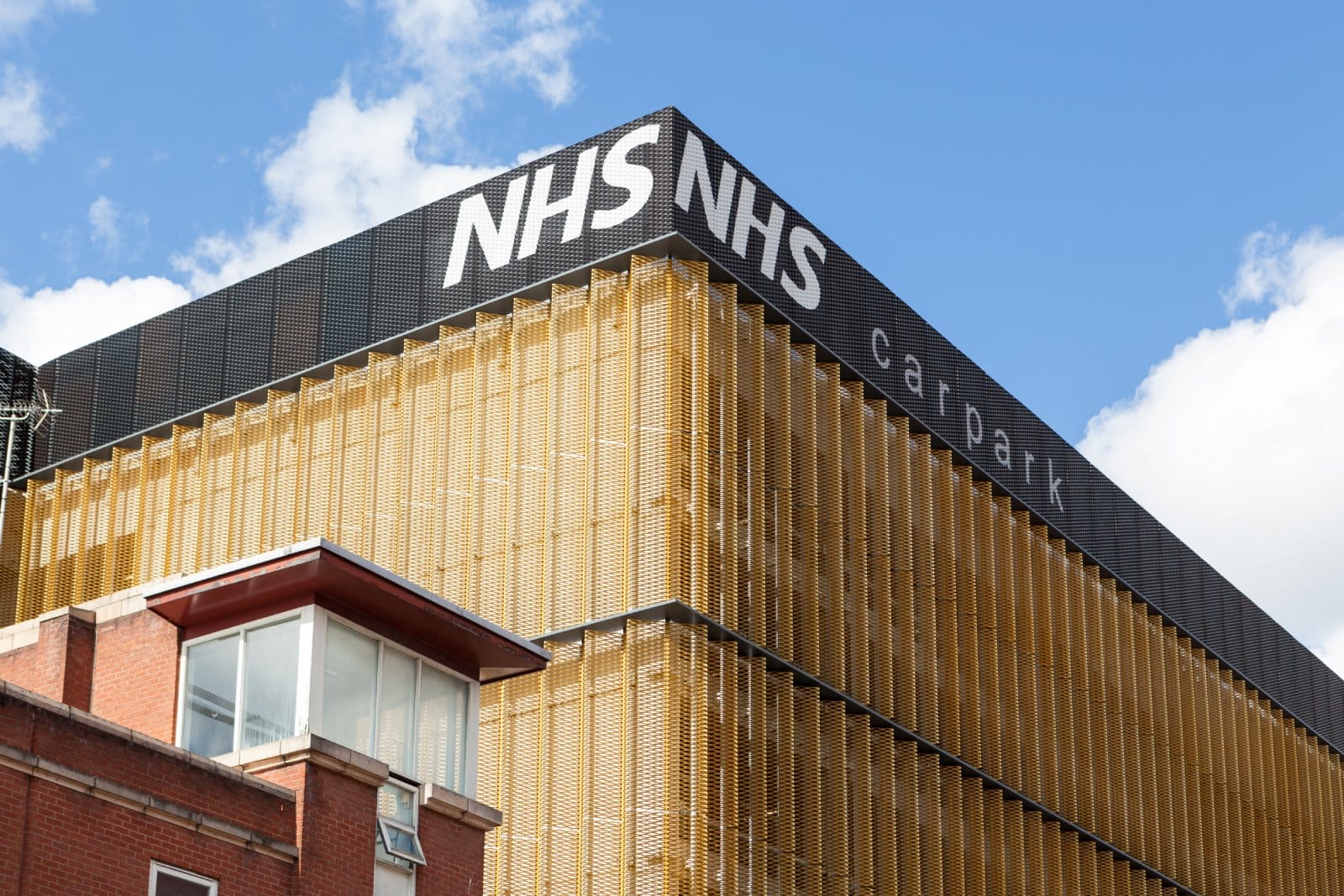
There is growing pressure to privatise parts of the NHS, which could lead to a two-tier healthcare system. Privatisation threatens the principle of free healthcare at the point of use and could widen health inequalities.
21. Lack of Long-Term Strategy

The NHS lacks a coherent long-term strategy to address its systemic issues. Short-term fixes are often prioritised over sustainable solutions, leaving the system vulnerable to recurring crises.
22. Labour’s Commitment to Renewing the NHS

The Labour Party, now in power after a landslide victory, has ambitious plans to reform and rejuvenate the NHS. However, Labour’s funding strategy, relying on cracking down on tax avoidance and closing non-dom loopholes, will need careful implementation to ensure these ambitious reforms are sustainable.
23. Addressing Feasibility Concerns
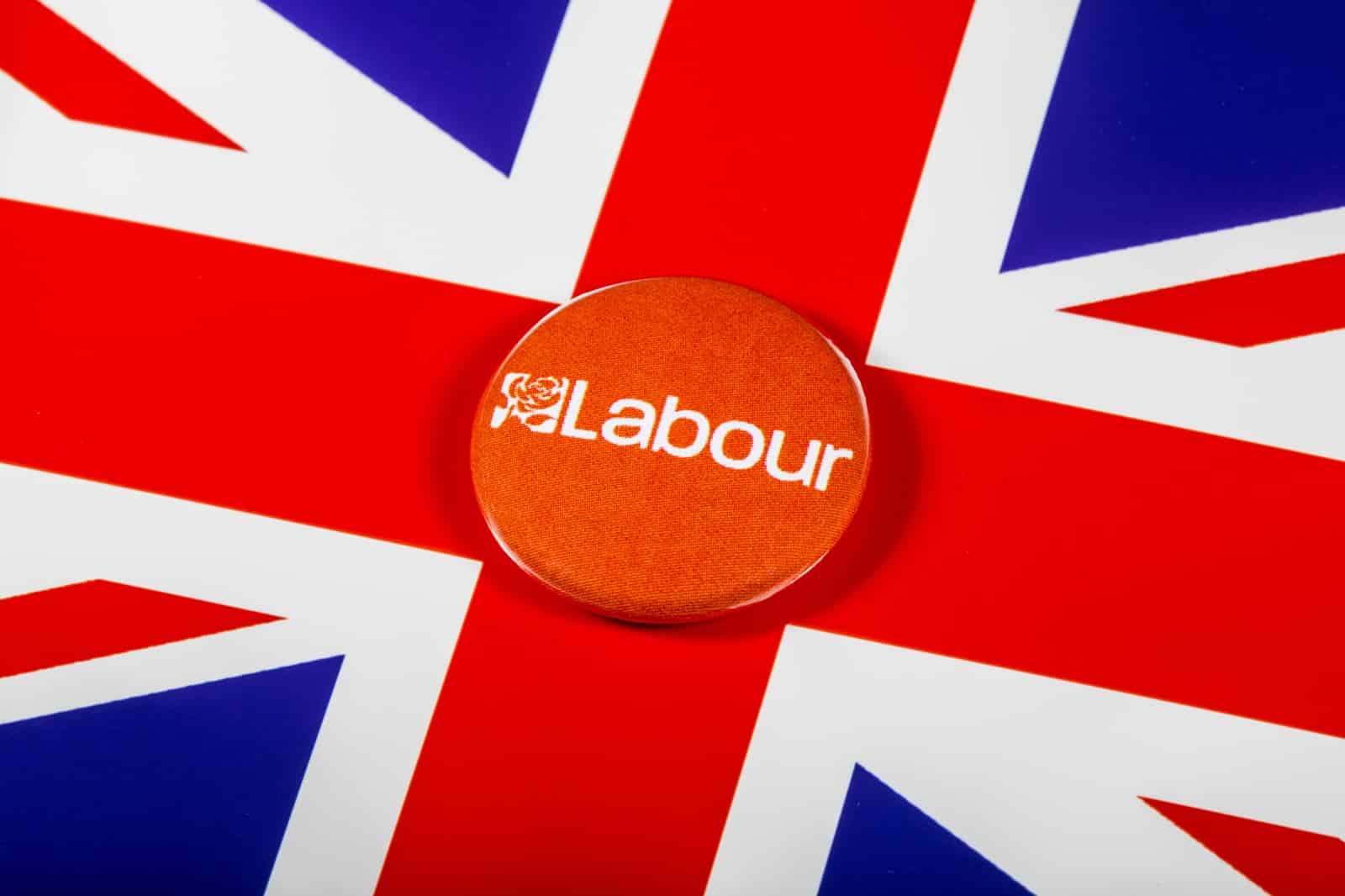
While Labour’s plans are comprehensive and well-intentioned, there are concerns about their feasibility. The NHS currently faces a significant backlog of 7.54 million treatments. Labour’s proposal to use overtime pay to incentivise staff for extra shifts may not be sufficient given the existing burnout and high turnover rates.
Is There Still Hope?

The NHS faces numerous, complex challenges that suggest it may be beyond repair. Addressing these issues requires a radical overhaul and substantial investment to ensure the system can meet the healthcare needs of the UK population.
Featured Image Credit: Shutterstock / Eszter Virt.
For transparency, this content was partly developed with AI assistance and carefully curated by an experienced editor to be informative and ensure accuracy.

